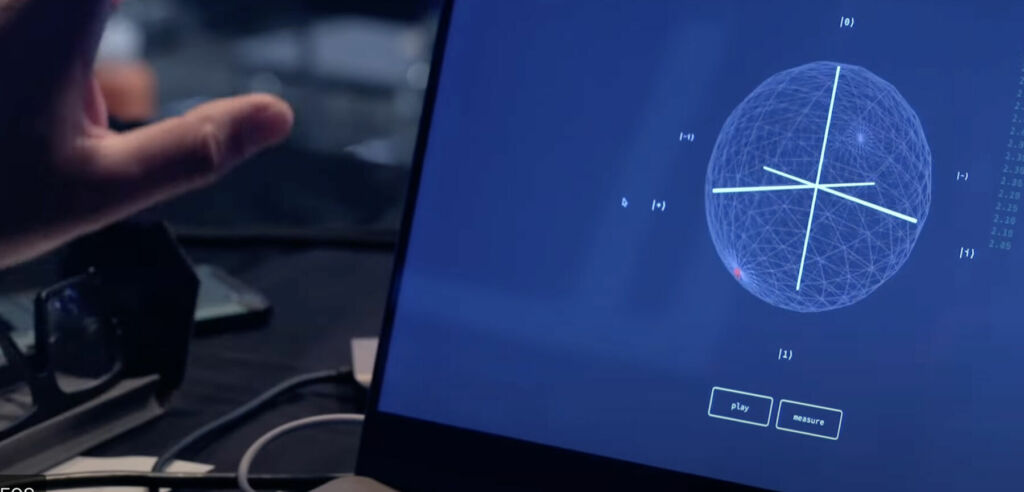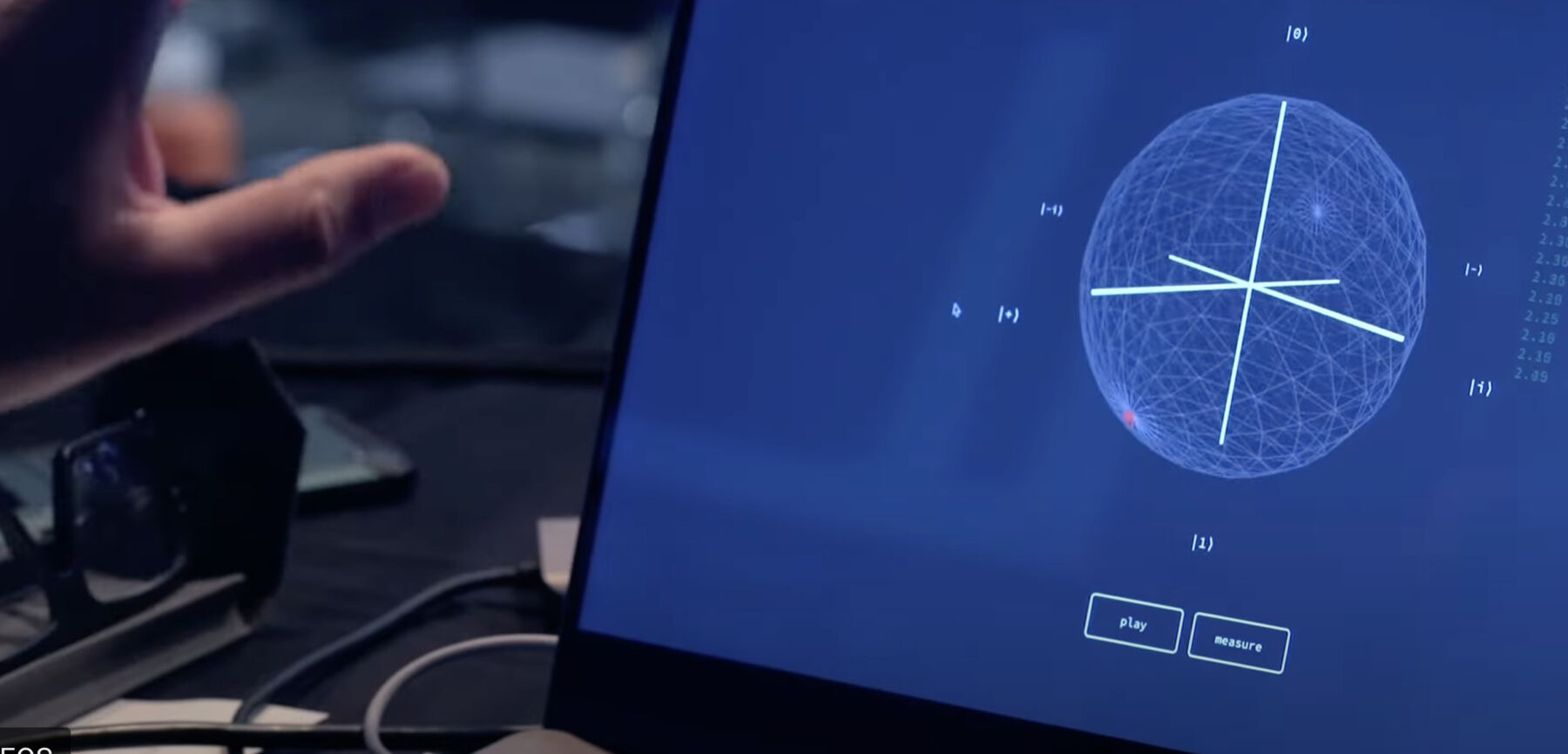Text by CLOT Magazine

Composer and Professor in Computer Music Eduardo Miranda is performing his new compositional piece on Saturday, 24th June, at Kings Place in London, traversing AI’s advent and pushing music beyond conventional bounds.
Miranda is a leading musical innovator whose recent projects delve into the field of human-machine interfaces, where brain waves will replace keyboards and voice commands. He is also well known for his work with slime mould and computing. Qubism, the new piece explores the complex and exciting relationship between Artificial Intelligence and electronic music, and it was composed also using new quantum computing for creativity. This premiere will be followed by a discussion between Miranda and other experts working with AI.
The night will also include a main concert by the London Sinfonietta performing a range of contemporary pieces which explore the boundary between sound and music, contrasting the virtuosity of acoustic instruments with the huge variety of sound made possible by electronics.
The night will end with a performance of two 20th-century electronic icons: Stockhausen’s Gesang der Jünglinge, arguably the first real masterpiece of electronic music, and Varèse’s Poème électronique, scattered with sounds not usually considered ‘musical’ to create a sense of liberation between sounds. These classic tape pieces will be reimagined using Kings Place’s new cutting-edge spatialisation systems, followed by a new electro-acoustic work.
With this programme, the London Sinfonietta explores the boundary between sound and music, delving into the earliest innovations by twentieth-century composers using tape to manipulate sound and comparing these with their modern-day counterparts using electronics and even artificial intelligence as compositional devices.






